In the modern cosmetic industry, product stability, shelf-life, and performance are directly linked to the ingredients used. One such indispensable ingredient is Disodium EDTA (Ethylenediaminetetraacetic acid disodium salt).
Though it might sound like a complex chemical, its role in your personal care products is crucial for both product safety and user experience.
In this blog, we’ll dive deep into:
What is Disodium EDTA?
Where is it derived from?
Why is it used in cosmetics and personal care products?
Its benefits for formulations
Common applications and uses
Is it safe?
Regulatory status globally
Myths and facts
What is Disodium EDTA?
Disodium EDTA is a water-soluble chelating agent, widely used in cosmetics and personal care products.
Chemical Formula: C₁₀H₁₄N₂Na₂O₈
Appearance: White, odorless, crystalline powder or granules
Solubility: Highly soluble in water
Chelating Agent — What Does It Mean?
A chelating agent binds with metal ions like calcium, magnesium, iron, and copper, preventing them from reacting with other ingredients.
Example:
It stabilizes shampoos, creams, or lotions by preventing metal contamination, thereby increasing shelf life and preventing spoilage.
Why is Disodium EDTA Used in Cosmetics?
1️⃣ To Improve Product Stability
Metal ions may be introduced through water, raw materials, or even packaging. Disodium EDTA inactivates these ions, preventing product degradation.
Example:
Prevents rancidity in creams and lotions
Stops discoloration in transparent or white products
—
2️⃣ Enhances Effectiveness of Preservatives
Disodium EDTA boosts the efficacy of common preservatives like parabens, phenoxyethanol, and formaldehyde releasers by weakening the cell walls of microbes.
This ensures better protection against bacteria, fungi, and molds.
—
3️⃣ Prevents Oxidation & Discoloration
In formulations containing sensitive ingredients like Vitamin C or plant extracts, Disodium EDTA prevents oxidation that could lead to color change or degradation.
—
4️⃣ Water Softening Property
It helps in controlling water hardness in formulations like shampoos, face washes, and liquid soaps — ensuring proper foaming and cleaning action.
Applications in Cosmetics & Personal Care
Disodium EDTA is a versatile ingredient used across multiple product categories:
Product Type Role of Disodium EDTA
Shampoos & Conditioners Prevents hard water ions from affecting foam quality
Creams & Lotions Stabilizes formulations & enhances preservative action
Facial Cleansers Prevents discoloration & maintains pH
Toothpaste Prevents tartar build-up & ensures consistency
Soaps & Liquid Hand Wash Enhances lather & shelf life
Makeup Products Maintains color integrity & improves shelf life
Serums & Toners Protects sensitive active ingredients
Benefits of Disodium EDTA in Formulations
✅ Extended Shelf Life
✅ Improved Product Efficacy
✅ Prevention of Microbial Growth
✅ Stable pH and Appearance
✅ Enhanced Customer Experience
Is Disodium EDTA Safe?
Safety Assessment by Global Authorities:
US FDA (Food and Drug Administration): Recognized as Generally Recognized As Safe (GRAS) when used in limited concentrations.
CIR (Cosmetic Ingredient Review): Safe at concentrations up to 2% in rinse-off and 0.2% in leave-on products.
EU Cosmetic Regulation: Approved with usage limits and specific labeling requirements.
Note:
✅ It is considered non-toxic, non-sensitizing, and non-carcinogenic in recommended cosmetic uses.
Common Myths & Facts about Disodium EDTA
Myths Facts
Disodium EDTA is harmful to skin ✅ Approved as safe for cosmetic use
It causes skin irritation ✅ No evidence at approved concentrations
It builds up in the body ✅ Not bioaccumulative in cosmetic usage
It is a preservative ✅ Not a preservative but boosts preservative efficacy
Environmental Impact
While Disodium EDTA is biodegradable under certain conditions, excessive industrial use can impact aquatic life due to its metal-binding properties. This is why some eco-friendly formulations avoid it or use biodegradable alternatives like GLDA.
Alternatives to Disodium EDTA
Alternative Uses
Sodium Gluconate Biodegradable chelating agent
GLDA (Tetrasodium Glutamate Diacetate) Eco-friendly and readily biodegradable
Sodium Phytate Plant-derived chelating agent.
Conclusion: Should You Worry About Disodium EDTA in Cosmetics?
Disodium EDTA is a time-tested, well-researched ingredient that plays a critical role in cosmetic formulations.
🛡️ It protects your favorite products from spoilage
🧴 Enhances the effectiveness of preservatives
🌸 Maintains the integrity, look, and feel of products
When used as per cosmetic regulations, Disodium EDTA is completely safe for consumers.
Quick Summary — Why is Disodium EDTA Popular in Cosmetic Formulation?
✔️ Stabilizes products
✔️ Enhances shelf life
✔️ Supports preservatives
✔️ Prevents oxidation
✔️ Safe & effective

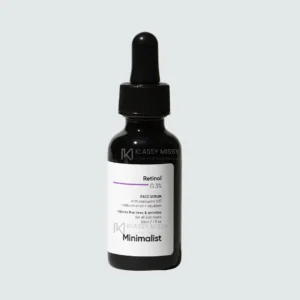
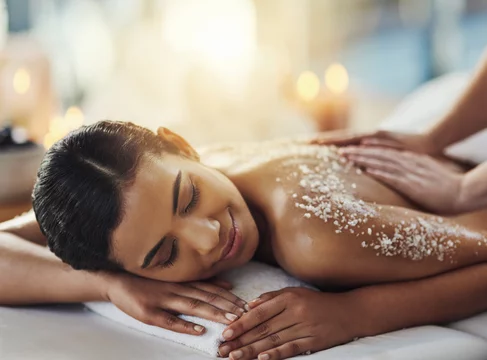
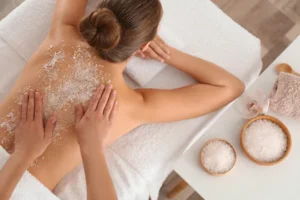
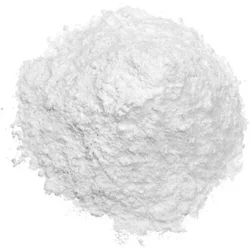
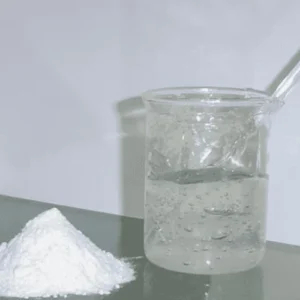
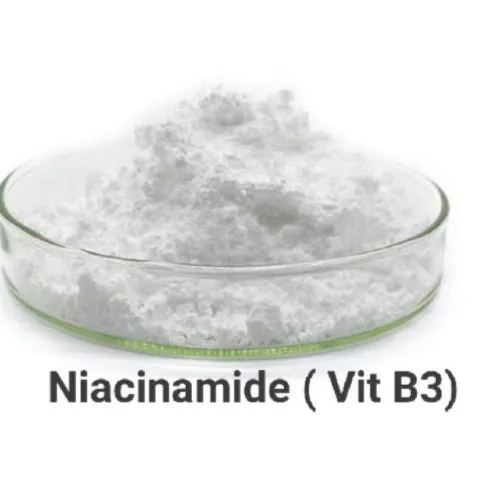
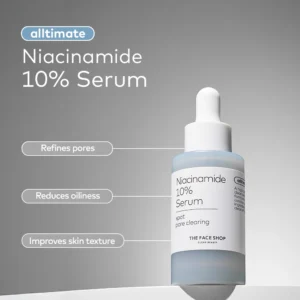
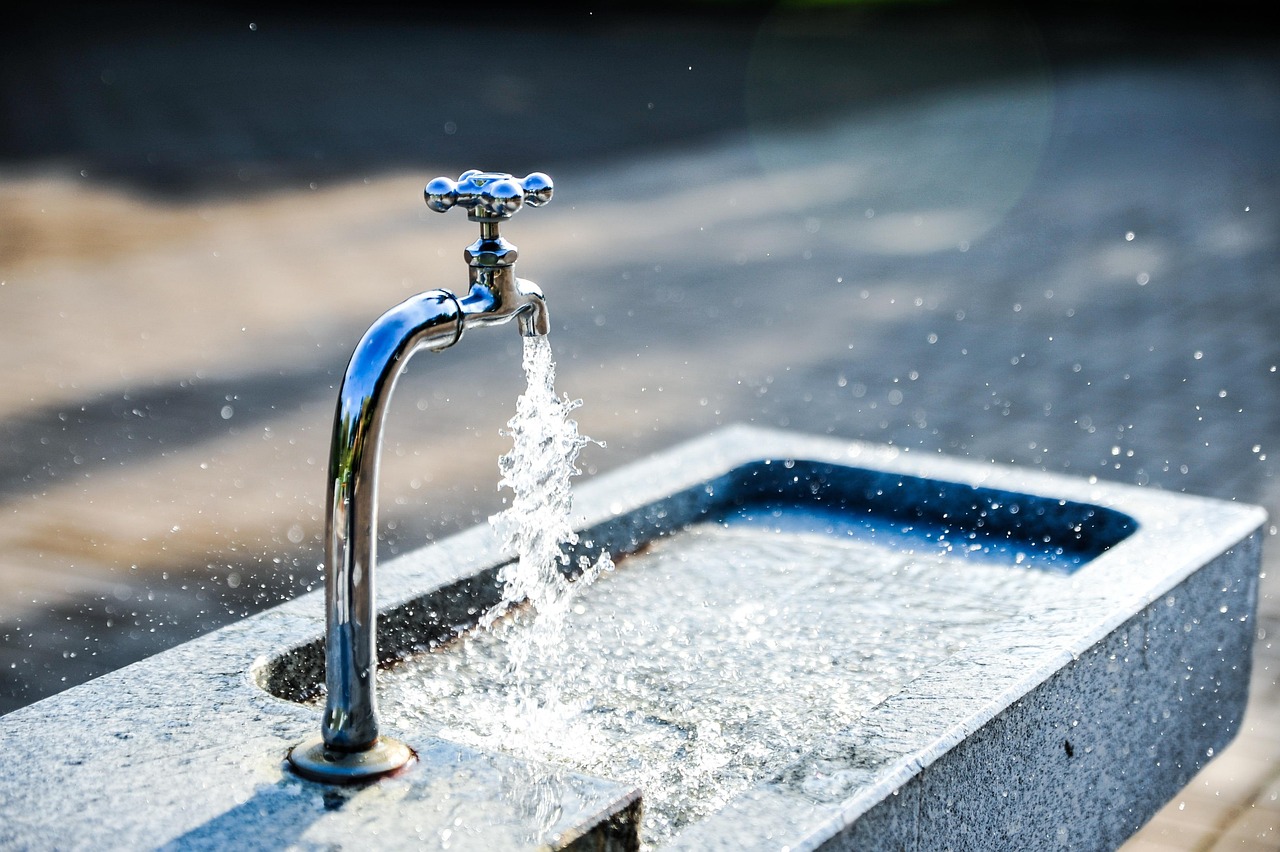
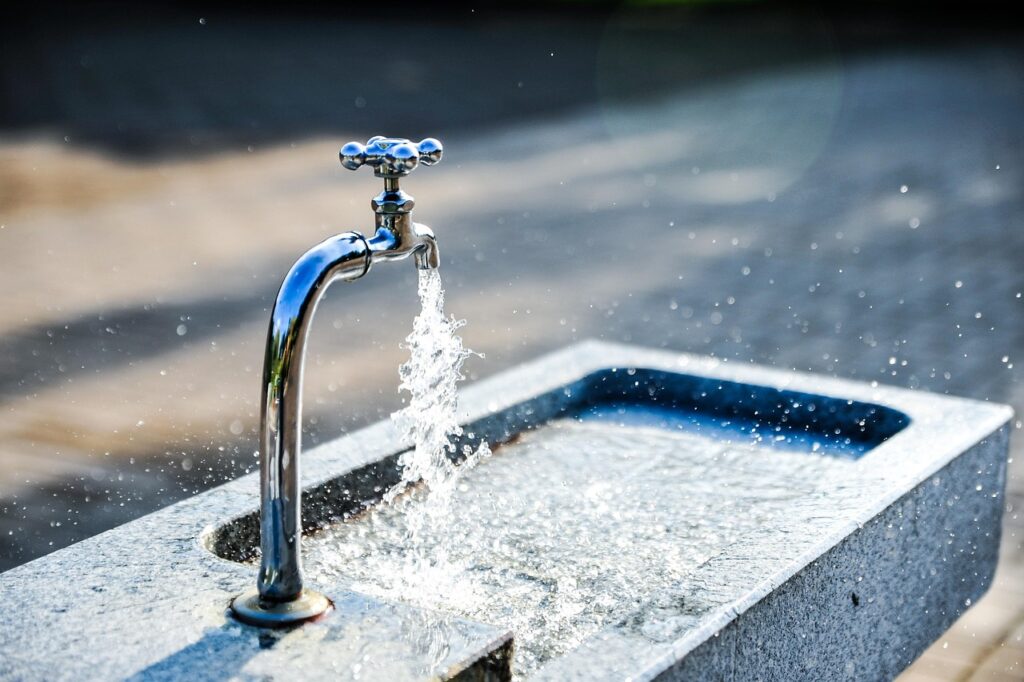


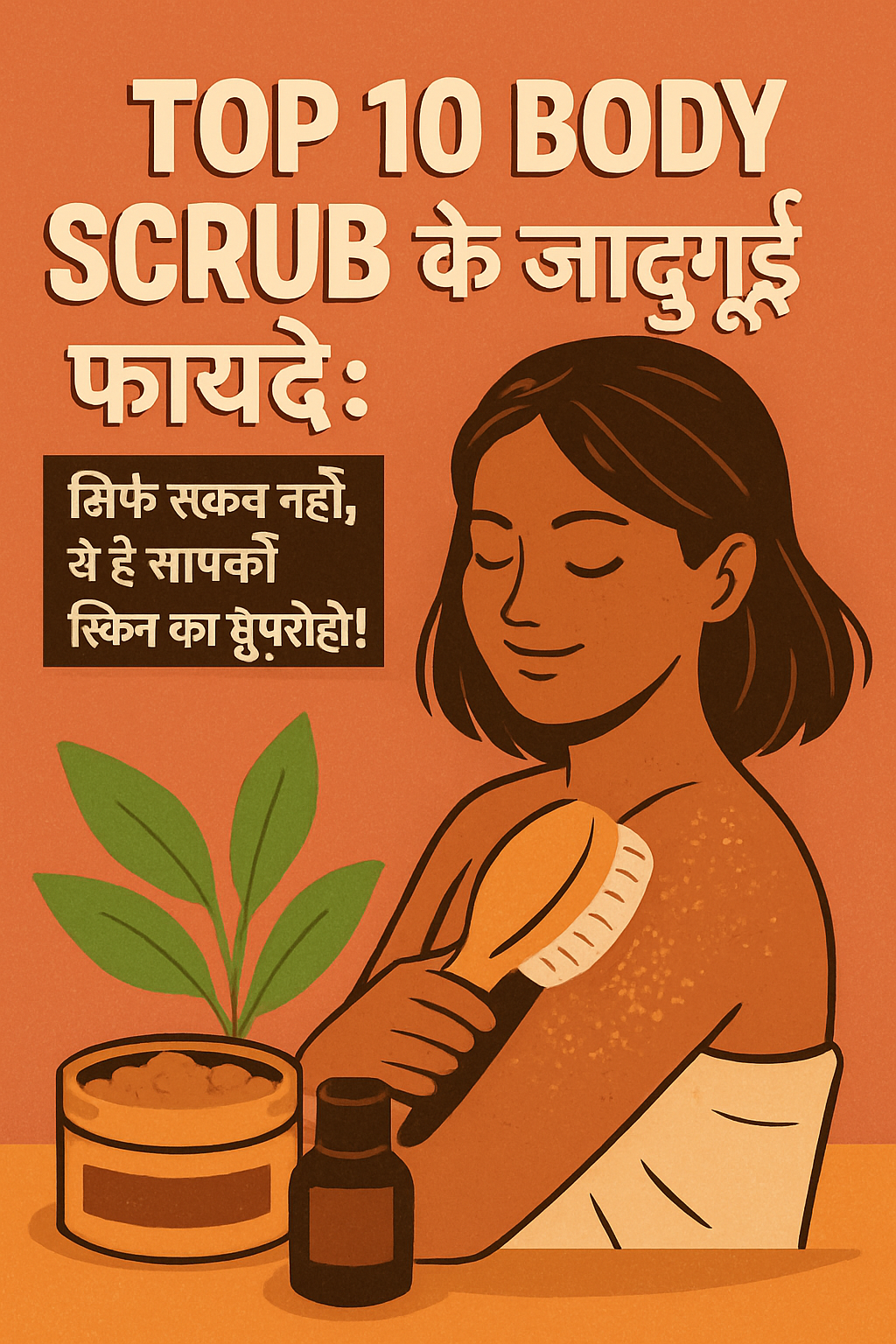
 Extra Corporate Tips – बॉडी स्क्रब का सही तरीका
Extra Corporate Tips – बॉडी स्क्रब का सही तरीका हफ्ते में दो बार स्क्रब करना बेस्ट रिजल्ट देगा।
हफ्ते में दो बार स्क्रब करना बेस्ट रिजल्ट देगा। Concluding Thought
Concluding Thought लेखक: Shiv Kumar – Assistant Manager (Cosmetic industries)
लेखक: Shiv Kumar – Assistant Manager (Cosmetic industries)